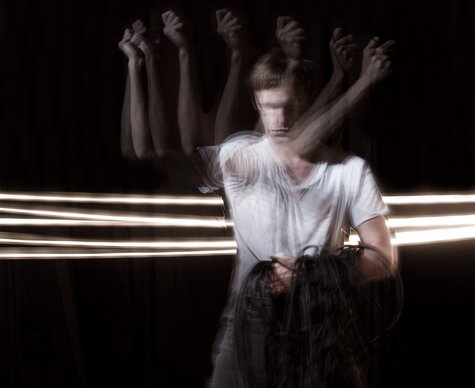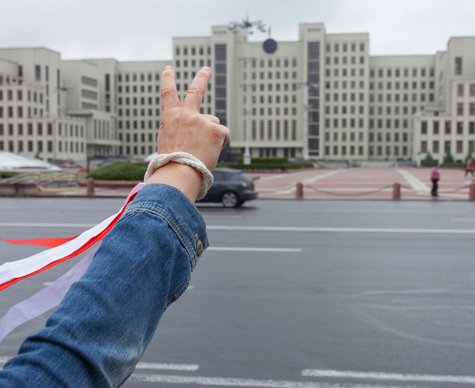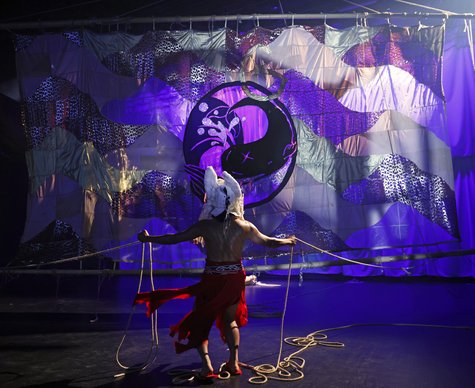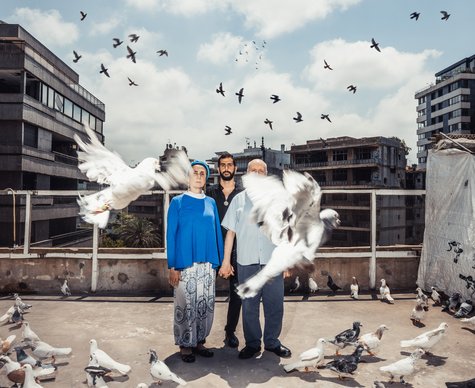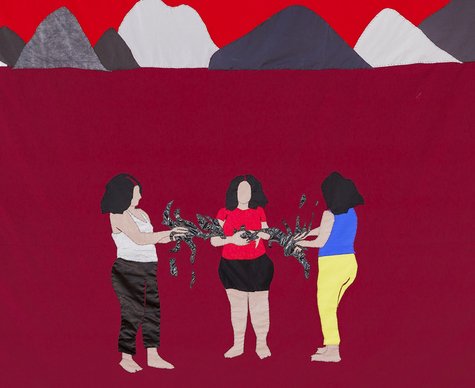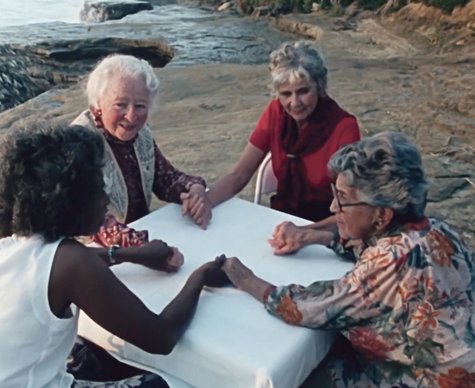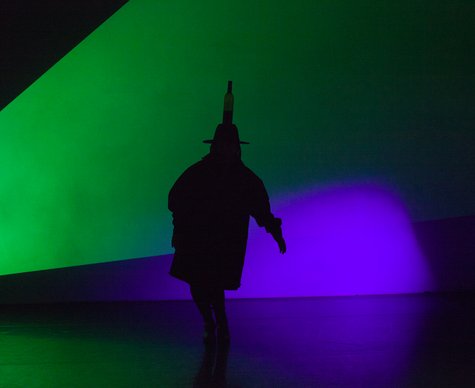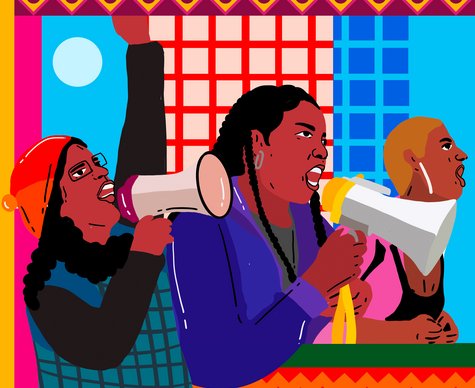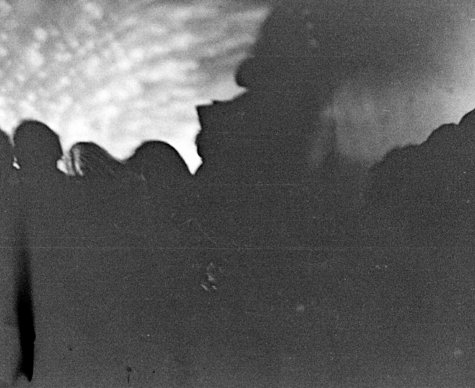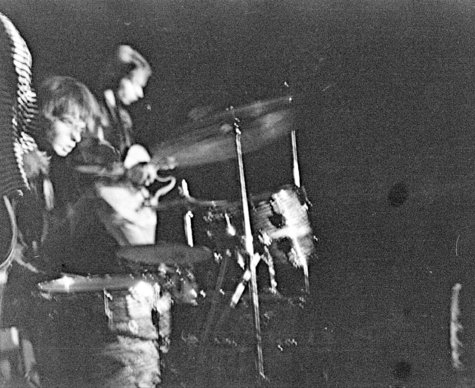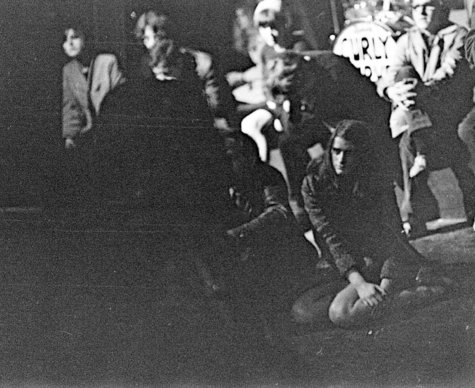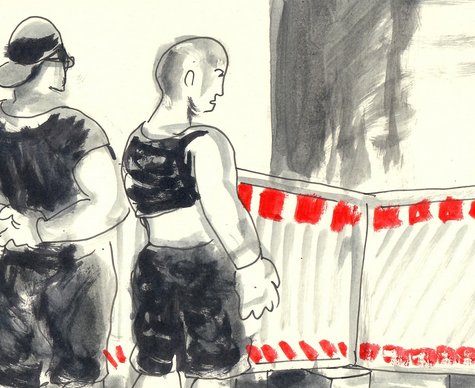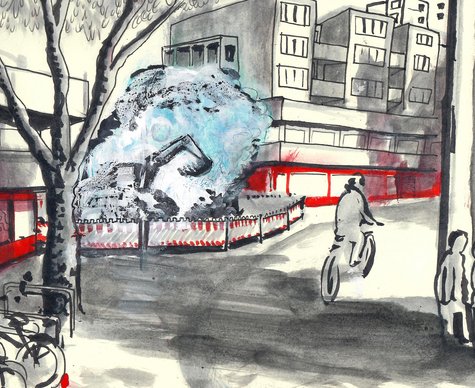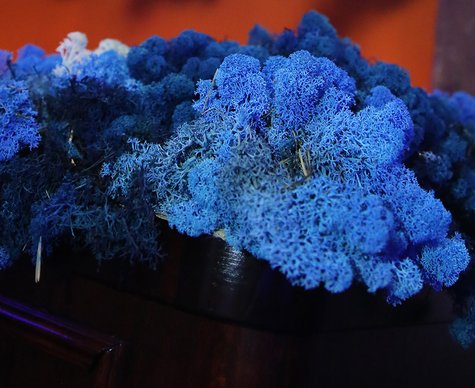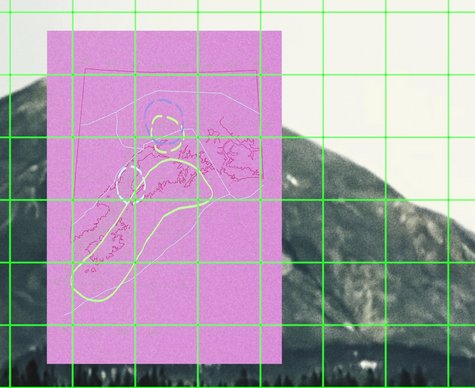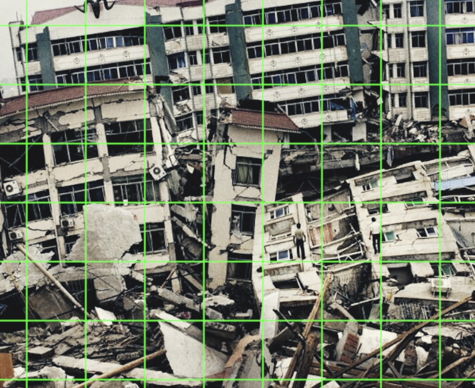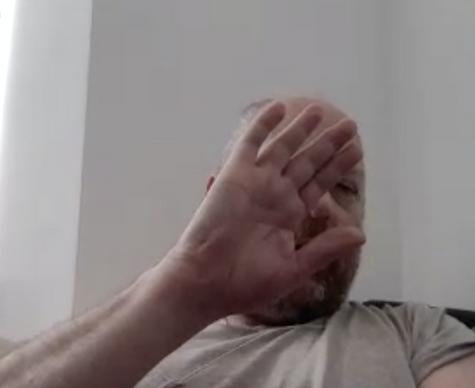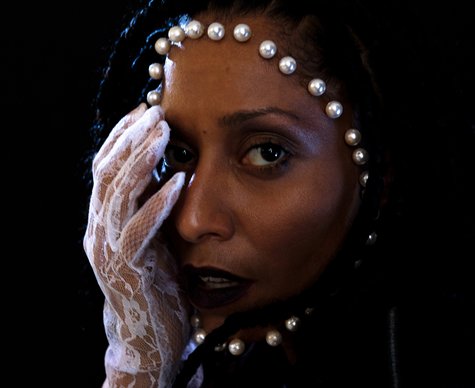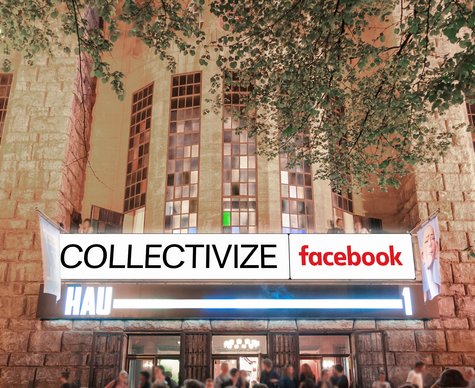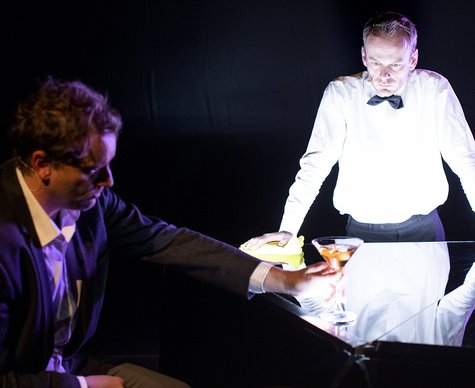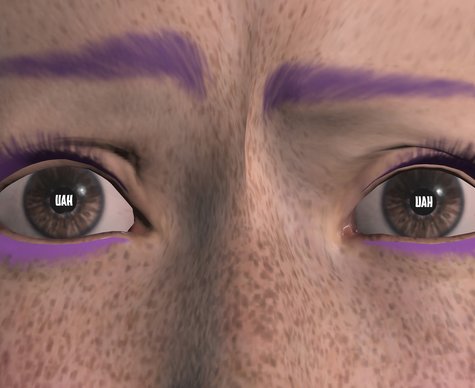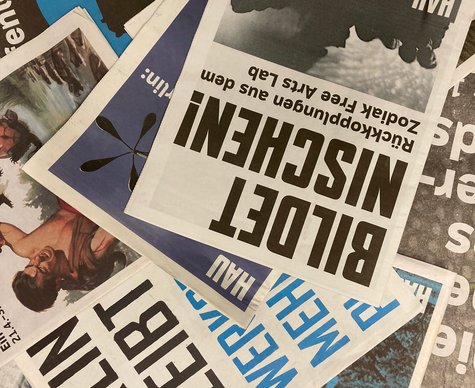On collectivity
Statements and talk
Part of "Be Part of Something Bigger"
- Dialogue
- Performance
On collectivity
... or how to outwit capitalism? In times of fragmentation and insecurity the collective way seems to offer a key to continuity. Even though the form and content is continuously under negotiation within a noisy, fluid construct, maybe it is this chaos, diversity of opinions and a need to maintain direct communications and relationships with each other that sets it apart. In direct contrast to the self-fulfilment and self-optimization model of the solo artist, which since the 1990s has become a strong demand in other work fields as well, working in a collective seems to be an act of liberation as it turns the tables on conventional wisdom by setting the group above the individual and therefore the social above the economical.
Be Part of Something Bigger aims to encourage dialogue about the possibilities, adversities and limitations of collectivity and socially relevant topics such as autonomy and heteronomy, equality, participation and community in a time of the ever increasing commercialisation of all areas of our lives. The playful conversations with various invited guests will take place in the set of Gob Squad’s production Before Your Very Eyes – a living room in a box surrounded by one way mirrors –, a room within a room offering both privacy and publicity.
On the guests and their statements
Friederike Habermann
We become different with everyone we deal with. And yet we are different than everyone else. We do things differently. And we do different things with varying levels of enthusiasm; yes, perhaps we don't even like or are totally opposed to doing what others like or are very enthusiastic about.
When we do these different things together - sometimes because we want to, sometimes because we see the need to, but always because we want to - another world is perhaps created...
Friederike Habermann is an economist and historian with a PhD in politics. She found pursuing a university career too lonely and competitive which is why today she is a freelance academic living in an ecological project near Berlin. There she works with the theory and practice of, amongst other things, alternative economies.
Mieke Matzke
Collective production (not just in the arts) makes new forms of collaboration possible on structural as well as social levels. Firstly, it promises the greatest possible autonomy when developing working structures compared to the requirements of a capitalist society. Secondly, continuous collective work, as opposed to time limited forms of organisation, offers the space in which to negotiate your own conditions and working possibilities. The particular form of institutionalisation that arises out of these conditions is able to be reflected upon and when necessary, changed.
Mieke Matzke is a theatre academic and performance artist. She is member of the performance collective She She Pop and a professor of experimental forms of contemporary theatre at the University of Hildesheim. Her book Arbeit am Theater (Bielefeld 2012) examines structures of work in the theatre and the organisation of rehearsals through history. The focus of her research is performance art, the theory of rehearsing, dramatic concepts and contemporary theatre.
Juliane Rebentisch
The theatre is the opposite of a living community. At least if we are to believe the traditional critique of the theatre, according to which the consequence of theatre is not just to make the spectators passive but also to isolate them from one another. Perhaps this explains why "community" in the context of theatre is so fetishised. Although one hardly bothers with the political question of what form of community would actually be the best one to adopt, people seem certain today that it is a political necessity to turn the spectator into an active participant and the audience into a community - of some sort. But what about the social context of this demand itself? In some areas of western societies, activity and connectivity have become decisive demands: the individual is required to be permanently connected, always operating actively and autonomously. This is such a fundamentally new situation of culture and work, that the activation and participation imperative of theatre has to be discussed both as effect and model of these new demands.
Juliane Rebentisch is Professor of Philosophy and Aesthetics at the University of Arts and Design in Offenbach/Main and council member of the Frankfurt Institute of Social Research. Her main research areas are aesthetics, ethics, and political philosophy. Publications include: Ästhetik der Installation (Suhrkamp 2003)/Aesthetics of Installation Art (Sternberg 2012); Kreation und Depression. Freiheit im gegenwärtigen Kapitalismus (co-ed. with Ch. Menke, Kadmos 2010); Die Kunst der Freiheit. Zur Dialektik demokratischer Existenz (Suhrkamp 2012); Theorien der Gegenwartskunst zur Einführung (Junius 2013).
Kai van Eikels
The collectivity of performance depends upon the fact that unlike in theatre, people are performing actions as 'themselves'. Performance opts rather for direct than representative forms of the political, and is more akin to the Post-Fordist organisation of work than to unionised, regulated operation. Gob Squad valiantly engage with this collectivity — yet, they repeatedly raise questions of the replaceability of people: in collaboration based on division of labour, in imitation of idols, in the variance of our primate-like DNA...
Kai van Eikels works at the Institute for Theatre Studies at the Freie Universität in Berlin. His research interests are dispersed forms of collectives such as swarms, art and labor, the politics of participation, synchronisation and choreography. He has written Die Kunst des Kollektiven. Performance zwischen Theater, Politik und Sozio-Ökonomie (2013) and has a theory blog:
kunstdeskollektiven.wordpress.com
Richard Sennett – a video-interview with Gob Squad
"The working conditions in flexible capitalism make narrative identity more complex and hinder the ability of people to incorporate their work experiences into their own biographies." In 1998 Richard Sennett wrote The Corrosion of Character, The Personal Consequences Of Work In the New Capitalism, in 2012, his latest book is called Together: The Rituals, Pleasures, and Politics of Cooperation. How does the individual understand his or her life and work under current conditions? What challenges arise if local relationships disintegrate in favour of global connections? Can scattered, placeless working nomads be brought together?
Richard Sennett is Professor of sociology at the London School of Economics and New York University. His exploratory focuses include labor, cities, and cultural sociology. He was awarded the Hegel Prize in 2006. He holds an honorary doctorate from the University of Cambridge.
Patrick Wildermann (moderator)
Patrick Wildermann was born in Münster in 1974 and lives as a freelance journalist in Berlin. He works for Tagesspiegel, tip Magazin, the interview site GALORE and the Goethe Institute. He specialises in theatre criticism, portraits and cultural politics.
Dates
Location
HAU1
Stresemannstr. 29, 10963 BerlinThere are two marked parking spots in front of the building. Access to the Parkett by means of a separate entrance with lift when necessary. Barrier-free restroom facilities are available.
